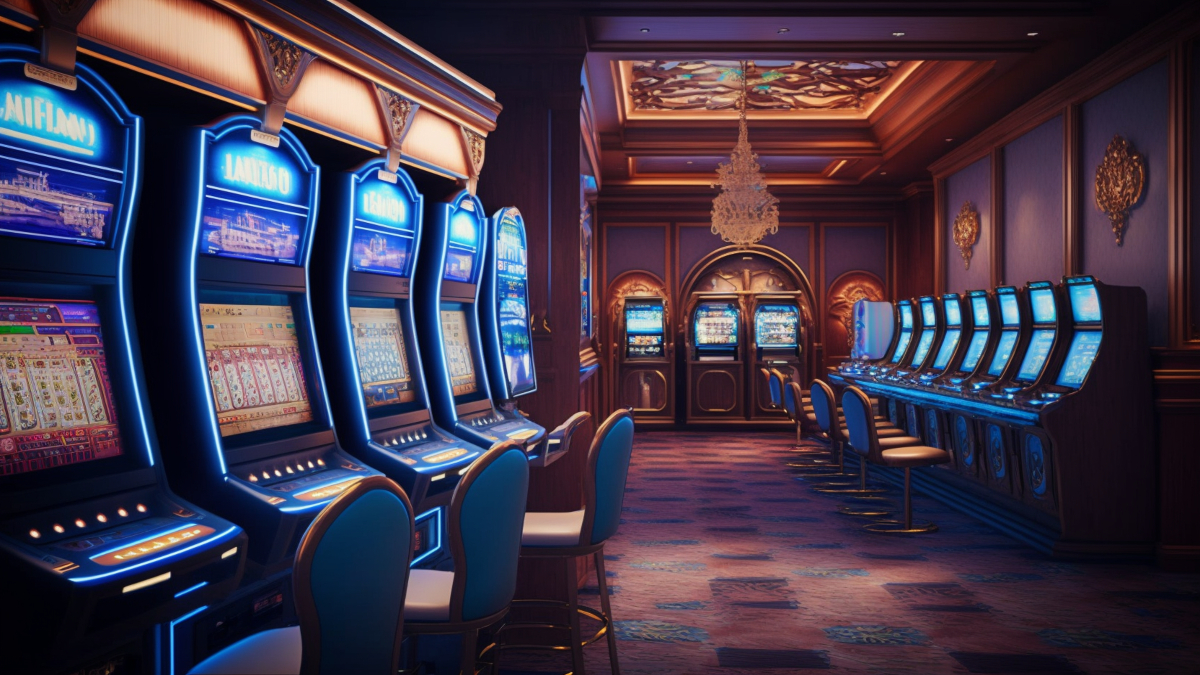Casinos have long captivated imaginations with their allure of excitement, risk, and potential reward. From their ancient origins to their modern incarnations, the history of petirtoto reflects broader societal changes and technological advancements. This article explores the evolution of casinos, tracing their development from ancient gambling establishments to today’s high-tech, global entertainment hubs.
The Ancient Roots of Gambling
Gambling is not a new phenomenon. The earliest evidence of gambling activities dates back to ancient China, where rudimentary forms of dice games were played around 2300 BC. The concept of wagering on the outcome of random events was also present in ancient Egypt, Greece, and Rome. In these early societies, gambling was often associated with religious or ceremonial practices, with games of chance being used as methods of divination or fortune-telling.
The Birth of Modern Casinos
The concept of the modern casino began to take shape in 17th-century Italy. The term “casino” itself derives from the Italian word for a small villa or summerhouse, reflecting the social nature of these early establishments. The first official casino, known as the Ridotto, was established in Venice in 1638. Unlike the private gaming houses that preceded it, the Ridotto was a state-sanctioned venue, aimed at regulating and controlling gambling activities during the Carnival season.
By the 18th century, casinos had spread across Europe, becoming popular in places like Monte Carlo, Monaco, which opened its famous casino in 1863. This period marked the beginning of casinos as glamorous, high-end establishments, attracting the elite and wealthy.
The American Casino Boom
The early 20th century saw a significant shift in the casino landscape with the rise of casinos in the United States. Las Vegas emerged as a gambling hub in the 1940s, spurred by the legalization of casino gambling in Nevada in 1931. Las Vegas quickly gained a reputation for its extravagant casinos, luxurious hotels, and entertainment shows. The city’s iconic Las Vegas Strip became synonymous with casino culture, offering a blend of high stakes, elaborate decor, and celebrity performances.
The 1980s and 1990s witnessed the expansion of casinos beyond Las Vegas, with Atlantic City in New Jersey becoming another major gambling destination. The proliferation of casino resorts and the growth of the gaming industry led to increased competition and innovation.
The Digital Revolution: Online Casinos and Mobile Gaming
The late 20th and early 21st centuries brought about a technological revolution that transformed the casino industry. The advent of the internet paved the way for online casinos, allowing players to enjoy their favorite games from the comfort of their homes. Online casinos provided a new level of convenience and accessibility, with a vast array of games and betting options available at the click of a button.
Mobile technology further revolutionized the industry, as smartphones and tablets enabled players to access casino games on the go. Mobile gaming apps have become a staple of modern casinos, offering a seamless and interactive experience. Virtual and augmented reality technologies are also making their mark, promising immersive gaming experiences that blur the lines between the physical and digital worlds.
The Future of Casinos
As casinos continue to evolve, several trends are shaping their future. The integration of artificial intelligence and data analytics is enhancing the personalization of gaming experiences and improving security measures. The rise of cryptocurrencies and blockchain technology is also influencing the industry, offering new payment methods and ensuring transparency in transactions.
Sustainability and responsible gambling practices are becoming increasingly important, with many casinos implementing measures to address environmental concerns and promote responsible gaming.
The evolution of casinos reflects broader changes in society and technology, from their ancient origins to their contemporary forms. As the industry adapts to new innovations and challenges, the allure of casinos remains as strong as ever, offering a dynamic blend of risk, reward, and entertainment.
